Centre Refuses to Disclose Details of Train Fares Charged From Migrant Workers
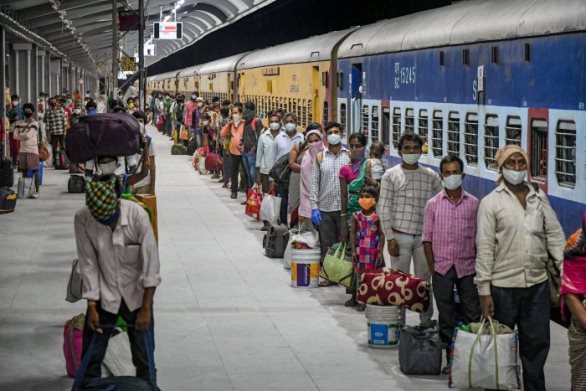
In what appears to be a confirmation of the fact that the Centre was indeed making the home bound migrant labourers pay for their train journeys, the government on May 5 declined to share details of the ticket fares with the Supreme Court.
During a hearing of social activist Jagdeep S. Chhokar’s public interest litigation which sought immediate help for thousands of migrant workers making their way home, solicitor general Tushar Mehta said that he wasn’t given any “instructions” to divulge details about the ticket fare, and whether the same was charged directly from the migrant workers. He also did not reveal details about the Centre’s share of cost in the evacuation process of workers.
According to The Telegraph, when Justice Sanjay Kishan Kaul asked Mehta if the Centre was actually “funding” 85% of the fare, the solicitor general declined to reveal any information. “I have not received instructions… in the entire country several trains, buses, depending upon their logistics, have been put into service,” Mehta said.
The government’s secrecy around the issue at the apex court assumes significance amidst a political row between the opposition parties and the Centre. The visuals of desperate migrant workers walking hundreds of kilometres to reach their homes have been ubiquitous on mainstream and social media, ever since the nationwide lockdown was imposed. The Centre has been in the line of attack for not pre-empting such a stark situation before imposing the lockdown. With no income or proper shelter, most migrants had no option but to violate the lockdown to try and reach their native homes.
The Narendra Modi government eventually agreed to run special trains to ferry the workers home, but was soon shamed for charging higher-than-usual fares from the workers. The Centre soon defended itself when the Union health ministry’s joint secretary Lav Agarwal claimed that the Centre was bearing 85% of the ticket cost and attempted to mislead people into thinking that workers were not charged.However, it soon became evident that Agarwal was talking about 85% as a notional subsidy extended to special trains, and that the Centre was not paying anything upfront to subsidise the travel directly. The ground reality was that the workers were being asked to pay for their tickets, which also included an additional ‘corona surcharge’ of Rs 50. As a result, the tickets cost more, with workers paying anywhere up to Rs 800 for availing of the train facility. Several states came forward to pay for the tickets thereafter, but not before the Centre faced ignominy.
Since then, the Centre has been tight-lipped on the issue.
Appearing for Chhokar, advocate Prashant Bhusan raised the issue that the Centre’s conflicting claims had further aggravated the pitiable situation of the migrants who are looking to go home in the days to come.Even if the Centre is bearing 85% of the expense of the travel, Bhushan said the remaining 15% would be too high a cost for the migrants. He urged the court to instruct the Indian Railways to bear that cost also and to make travel on special trains free.
At this, the bench, comprising Justices Ashok Bhushan, Sanjay Kishan Kaul and Bhushan Gavai observed, “Mr Tushar Mehta, learned solicitor-general, has submitted that with regard to ticket fare the appropriate steps have to be taken by the railways and by the concerned state government. At this moment, no such statement can be made as to what amount is being taken from the migrant workers. He further submitted that the Union of India with the consultation of state government(s) and the railways are taking all necessary steps for movement of the migrant workers who are stranded..,”
The bench then went on to dispose of the petition, noting that the Union government has already fulfilled the main prayer for arranging transportation for the migrants by running “Shramik Special” trains. It added that it could not get into the subject of whether the migrants were paying for their tickets or not.
“Necessary modalities for such transportation have to be implemented by the concerned states/Union Territories in collaboration with the railways. Insofar as charging of 15 percent of railway tickets’ amount from workers, it is not for this Court to issue any order under Article 32 (enforcement of fundamental rights) regarding the same, it is the concerned state/railways to take necessary steps under the relevant guidelines,” the bench said. The above story was reported by the Wire.
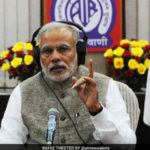



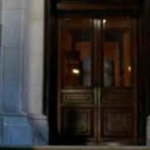

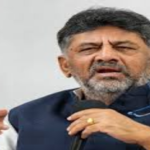
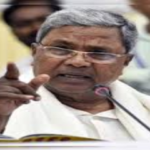
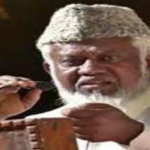
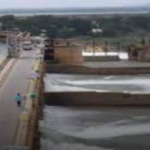
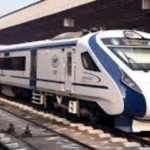
0 Comments